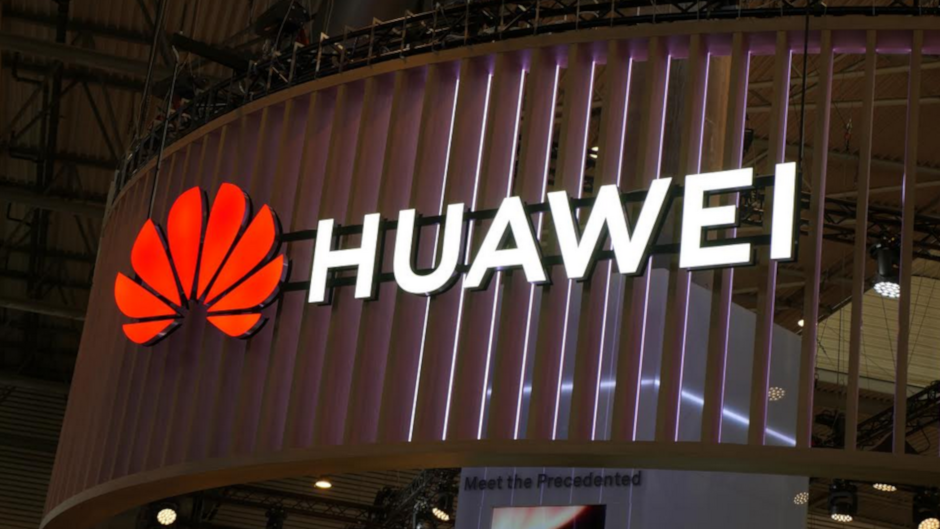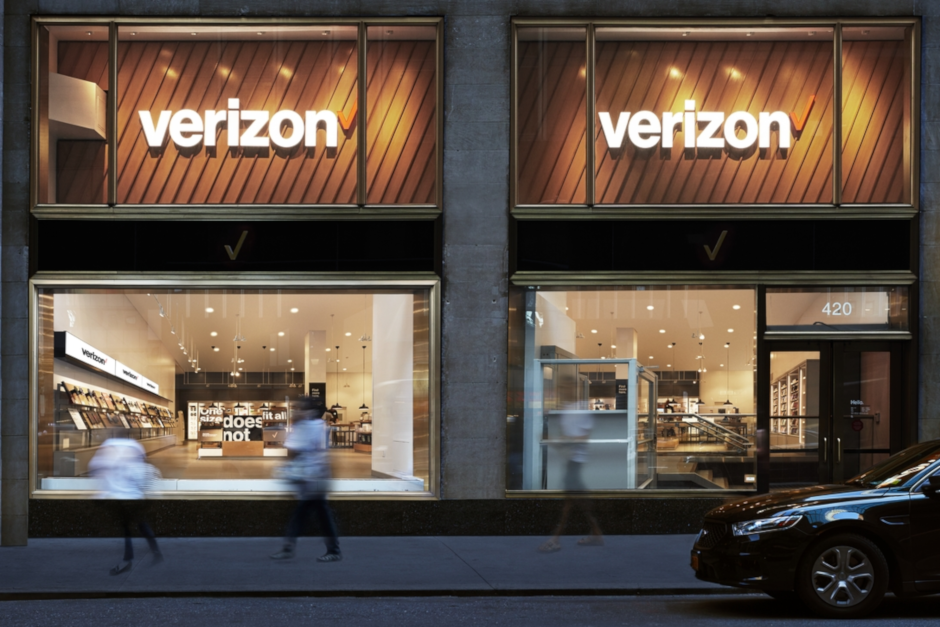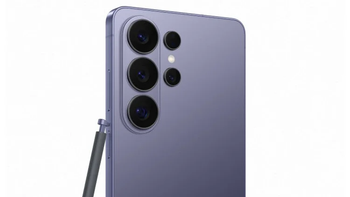S&P says U.S. tech firms could wind up as collateral damage in Huawei ban

CNET reports that the boomerang effect from Huawei's placement on the Commerce Department's Entity List is going to be bad for U.S. tech firms. This is according to credit rating agency S&P. Huawei's placement on the list last month means that the manufacturer is unable to obtain U.S. parts and software without a license granted by the U.S. government. While Huawei is still running on a limited 90-day reprieve, its newer handsets will have to use an Android alternative developed in-house. While it might have a year's worth of chips at its disposal, after the parts are gone it might have to rely on an open source chip architecture to replace the one from ARM Holdings that it used to employ on its Kirin and Balong chips.
There is no question that the ban is going to seriously cripple Huawei's ability to remain a leader in the smartphone industry. The company was the second largest manufacturer of connected handsets in the first quarter of this year with a year-over-year growth rate of 50.3% compared to a 4% drop for the entire industry. At that rate, Huawei would have been the largest smartphone producer in the world by next year. According to the worst case scenario calculated by Strategy Analytics, Huawei could see its phone shipments drop from 206 million last year to 125 million in 2020.
However, S&P says that the ban could end up having a negative impact on growth in the U.S. tech industry. Huawei spent $11 billion on U.S. supplies in 2018, and that alone is revenue that will be lost to U.S. companies. Firms like Google, Qualcomm, Micron, and others will lose the revenue that they collected from Huawei. And even if Huawei is removed from the Entity List in the future, it will have developed new suppliers, its own operating system and App Store, and redesigned its chips. As a result, depending on when (or if) the ban ends, Huawei could be self-sufficient and no longer need parts and software from U.S. tech firms to survive.
"The supply ban, in our view, will also serve as a catalyst for Huawei, and the Chinese administration, to accelerate their technology investment to reduce reliance on foreign suppliers for critical components," S&P Global said on June 12. "This could heighten competition in the technology sector and potentially lower the long-term growth prospects of US technology firms."
Huawei seeks more than $1 billion from Verizon
While President Donald Trump said last month that U.S. security was the reason why Huawei was placed on the Entity List, he also said that the company could be used as a bargaining chip to get better terms from China in any negotiations over a trade agreement. For years now, Huawei has been considered a threat to U.S. national security since it can be forced to spy on consumers and corporations at the behest of the communist Chinese government. Rumors that Huawei devices contain a backdoor ready to send intelligence to Beijing have never been proven and have always been denied by the company. The U.S. has told its allies not to allow their wireless providers to use Huawei networking equipment for their 5G networks.

Huawei alleges that Verizon owes it over $1 billion in licensing fees
In a related matter, Reuters reports that Huawei is seeking more than $1 billion from Verizon. The company claims that the nation's largest wireless provider used more than 230 of its networking equipment patents without a license. The patents cover core network equipment, wireline infrastructure to internet-of-things technology. Representatives of both firms met in New York last week to discuss the patents. They both also discussed whether networking equipment made by other companies and used by Verizon infringe on Huawei patents. Verizon spokesman Rich Young said, "These issues are larger than just Verizon. Given the broader geopolitical context, any issue involving Huawei has implications for our entire industry and also raise national and international concerns."
Follow us on Google News













Things that are NOT allowed:
To help keep our community safe and free from spam, we apply temporary limits to newly created accounts: